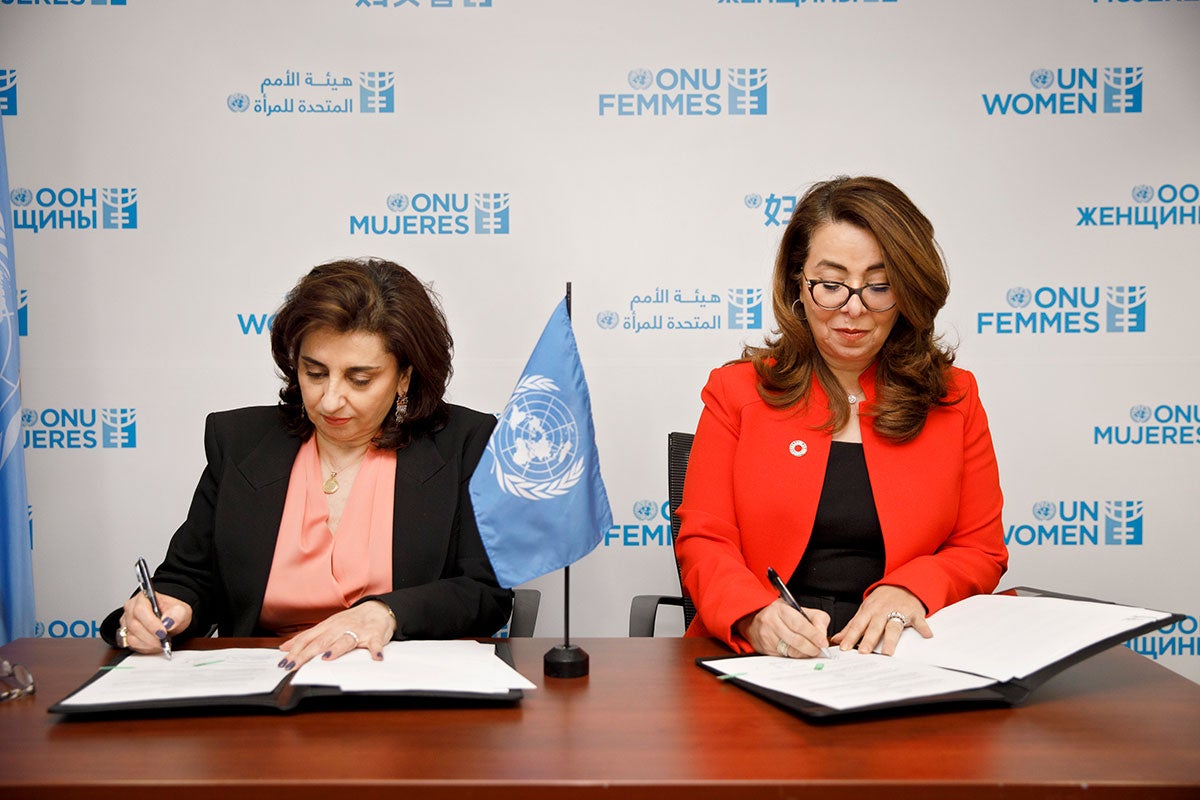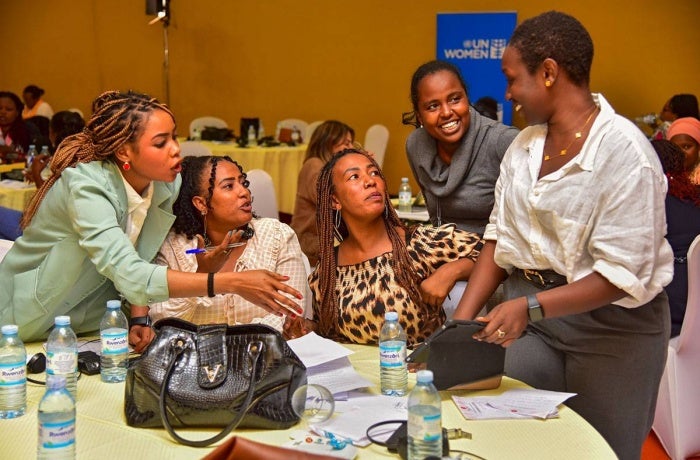Press release: The United Nations Office on Drugs and Crime and UN Women join forces for gender equality
New York, 21 March — The United Nations Office on Drugs and Crime (UNODC) and the United Nations Entity for Gender Equality and the Empowerment of Women (UN Women) signed a new Memorandum of Understanding today in New York.

The agreement will provide a strong framework for UNODC and UN Women to work together to strengthen joint efforts in promoting gender equality and meeting the specific needs of women and girls when addressing the world drug problem; implementing the Women, Peace, and Security agenda; countering gender-based violence, organized crime, corruption, and terrorism; and strengthening crime prevention and building effective criminal justice systems. Recognizing the different ways in which women are affected by violence, corruption and other crimes is an essential step towards devising more effective strategies to achieve the Sustainable Development Goals (SDGs), particularly Goal 5 on Gender Equality and Goal 16 on Peace, Justice, and Strong Institutions.
“By encouraging women’s leadership and participation in criminal justice systems, we can better protect and support victims of crime”, said Ghada Waly, UNODC Executive Director.
“Women are hit harder and in unique ways by crime, whether broad patterns such as organized crime or specific crimes such as gender-based violence that target them directly,” said Sima Bahous, Executive Director of UN Women. “Yet women also are committed to driving solutions that mitigate the impact of crime while bolstering prevention efforts. By joining our efforts to address crime from a gendered perspective, UN Women and UNODC will be able to ensure that the differentiated impacts of crime on women are accounted for, and that they are able to more effectively contribute to mitigation and prevention efforts.”
The Memorandum of Understanding is complimented by a Strategic Cooperation Framework, which outlines key directions for cooperation in data collection, research, and analysis; programmes and operations; policy development; and on advocacy, visibility, and resource mobilization.









